Colonial legacy of identity erasure: Israeli war on Lebanon’s past and present
By Yara Mahdi
“Colonialism is not satisfied merely with holding a people in its grip and emptying the native’s brain of all form and content. By a kind of perverted logic, it turns to the past of the oppressed people, and distorts, disfigures, and destroys it,” wrote Frantz Fanon, a prominent revolutionary thinker and supporter of the decolonial struggle.
The study and critique of colonialism continue to expose how its dark legacy persists, which is tied to a stringent dependence on the systematic elimination and erasure of Indigenous culture and identity.
In Lebanon today, Israel has continued to display to the world its mastery of ethnic cleansing and erasure, as evidenced by the mounting number of martyrs from its present and the elimination of the historic richness of its past.
Cultural and archaeological sites are deeply intertwined with the native’s identity and serve beyond just timestamps in history.
The Zionist entity has exploited the battlefield with Lebanon to commit deliberate and targeted destruction of ancient towns bridging the present to the past, where each street and corner echoes the voices of the generations gone by.
The Palmyra Hotel, Baalbak
Nestled amid the UNESCO-listed Roman ruins of Baalbak, the Palmyra Hotel has existed since 1874 when it was established by a Greek businessman and has been steadfast in guarding the memories of Lebanon through moments of struggle and comfort.
Seasoned with time and chaos, the 150-year-old relic of a hotel has been enriched with constant life. It provides the region with the art and warmth of Lebanese hospitality whilst it soaks in the embrace of the preserved ruins of the Temple of Bachhus and the Temple of Jupiter.
Weathering world wars, civil wars, and invasions from the Zionist entity that has existed for a mere half of Palmyra’s existence, the hotel has welcomed a stream of world-renowned guests from Fairouz to Nina Simone.
Rima El-Husseini, who co-owns the Palmyra Hotel with her husband, has voiced that “No one has the right to touch these stones except time”.
However, on November 7, Israel held its badge of impunity and displayed to the world its disturbingly loud motives of a need to erase and destroy the indigenous claim to life, heritage and identity.
The Palmyra hotel was left damaged following Israeli airstrikes that rained just meters away targeting another historical building called the ‘Manshieh’. The Manshieh building, which dates back to the Ottoman era, was completely destroyed leaving its memory-soaked walls leveled to the ground.
Cultural experts urge UN to protect Lebanon’s world heritage against Israeli attackshttps://t.co/XYNDaFnuD1
— Press TV 🔻 (@PressTV) November 17, 2024
The Souks of Nabatiye
Located in the heart of Jabal Amel, a geographically and historically rich mountainous landscape representing defiance and resistance to Zionist expansionism, the city of Nabatiye has prospered for at least 800 hundred years.
For centuries, Nabatiye has been a loyal servant of south Lebanon, tirelessly functioning as the commercial and cultural hub that historically connected the region to Palestine, Jordan and Syria; a common meeting point for the merchant, the traveler, and the mother running errands.
Lebanon is well known for its network of culturally diverse souks (markets), with evidence of their establishment dating back to Phoenician times.
The Phoenicians utilized the port cities of Tyre, Sidon, Byblos, and Tripoli to create a web of trade centers across the region, which were later expanded and developed by the Ottomans.
Nabatiye is one of the cities that has sustained its historical patrimony of Souk culture which has lovingly seeped into every corner of the city, possessing a magnifying energy that attracts and welcomes people from across the country to enjoy the vibrant colors, tastes and depth of heritage.
Moustafa Rahal, from the nearby village of El Numeiriye, elaborated on his fond memories of the city. He said every Monday, Nabatieh’s main square transforms into a vibrant tapestry of life and commerce.
“The quiet alleys come alive with the voices of vendors, some from the heart of the city and others from neighboring towns, weaving a rich mosaic of dialects and traditions. After my lectures, I cherished the ritual of walking from the university to the bustling Souk. The air buzzed with the clamor of merchants hawking their goods, their spirited marketing rants often laced with humor that drew genuine laughter from me,” he told the Press TV website.
“Amidst the liveliness, my journey always ended with a treat: a warm falafel sandwich from Arnaquot, an iconic shop that has stood the test of time. Opened in the early ’60s by a Palestinian family displaced from their homeland, Arnaquot was more than a restaurant—it was a symbol of resilience and roots in the face of loss.”
He went on to describe the Souk as a place that encapsulates beloved human stories.
The Israeli military continues its aggression against Lebanon, resulting in further deaths and destruction in its recent strikes. pic.twitter.com/gmjB9cUZCe
— Press TV 🔻 (@PressTV) November 16, 2024
“The Souk holds countless memories for me, but one stands out vividly—a frail yet resolute old woman from Kafar-Roumman. She would sit on the pavement, her hands offering the fruits of her labor: fresh, organic produce from her fields,” he noted.
“Her face, etched with deep wrinkles, mirrored the rugged terrain she worked on daily, yet her eyes carried a quiet strength that spoke volumes. Though I never asked her name, her motherly smile left an indelible mark on my heart—a gentle reminder of life’s enduring beauty amidst hardship.”
Reflecting on a particularly meaningful memory, Rahal said on his 18th birthday, he decided to gift himself “something meaningful.”
“Stories floated around the Souk about an old man who sold used books out of the trunk of his weathered car. That Monday, I wandered the market searching for him. To my delight, I discovered his tiny, tucked-away bookstore, accessible only by descending a narrow staircase. The moment I stepped in, I was enveloped by the musky scent of old paper and the quiet promise of hidden treasures,” he stated.
“He patiently showed me his collection, and among the weathered spines, my eyes landed on The Zionist Colonization by Muhammad Al-Maseeri. In that instant, I knew I had found the perfect gift—a book that carried the weight of history and echoed the stories of the displaced, much like Arnaquot and the old farmer’s steadfast gaze.”
In mid-October, Israel orchestrated a violent and calculated campaign that destroyed the souks of Nabatiye. The apocalyptic scenes of a once-bustling market buried in rubble and dust evoked an outpouring of grief from the natives who are mourning both the martyrs and the destruction of heritage in a heart-breaking chorus of loss.
With minimal direct combat, Israel has demonstrated their commitment to an overwhelming exploitation of its airpower, in which cultural and historical erasure can be executed with a quick airstrike.
Netanyahu seeks to make up for Israel's military defeats in Lebanon by slaughtering women and children and destroying Lebanon's historical heritage, says @georgegalloway.@OutWithGalloway pic.twitter.com/vdF4ACN1bK
— Press TV 🔻 (@PressTV) November 12, 2024
Israel’s colonial legacy of identity erasure
The colonial theory is inherently tied to the concept of identity erasure; the colonizer’s illegitimate claim to power directly depends on suppressing and replacing the cultural, historical and social frameworks of the native population.
In the process of erasure, the colonizer seeks to convince the world that the indigenous claim to life is one that is barbaric or uncivilized to justify their existence as military targets.
Since its inception as a settler colonial and expansionist agenda, Israel’s survival has been contingent on a continuous and relentless campaign of ethnic cleansing and erasure.
The illegitimate entity has warped this practice into strategies of war, paving a brutal path of criminalizing resistance and announcing illusory victories.
The current battlefield in Lebanon has been categorised by a terror campaign against the country’s present and past which has further showcased the entity’s persistent colonial hunger towards robbing the identity of the indigenous through its blood and heritage.
However, Israel’s colonial legacy has failed to understand that the roots of identity are intertwined far deeper than what they can destroy with their technological edge and fragile facade of invincibility.
Ghassan Kanafani, a Palestinian author and political activist, once said, “Everything in this world can be robbed and stolen, except one thing; this one thing is the love that emanates from a human being towards a solid commitment to a conviction or cause”.
Yara Mahdi is a UK-based writer and political analyst.
(The views expressed in this article do not necessarily reflect those of Press TV.)
VIDEO | US support for Israel’s expansionist agenda
Palestinians granted only 66 building permits in West Bank over 11 years: Report
Somaliland ready to give US access to its minerals, military bases: Minister
VIDEO | Iran's game changing retaliation boxes- part 1
VIDEO | Iran's game changing retaliation boxes- Part 2
VIDEO | Palestinian widow raises three kids in Gaza as her husband killed by Israel
Palestinian teen killed as raids and settler violence intensify across West Bank
Iran’s layered arsenal primed to deter – and decimate – US warships in Persian Gulf


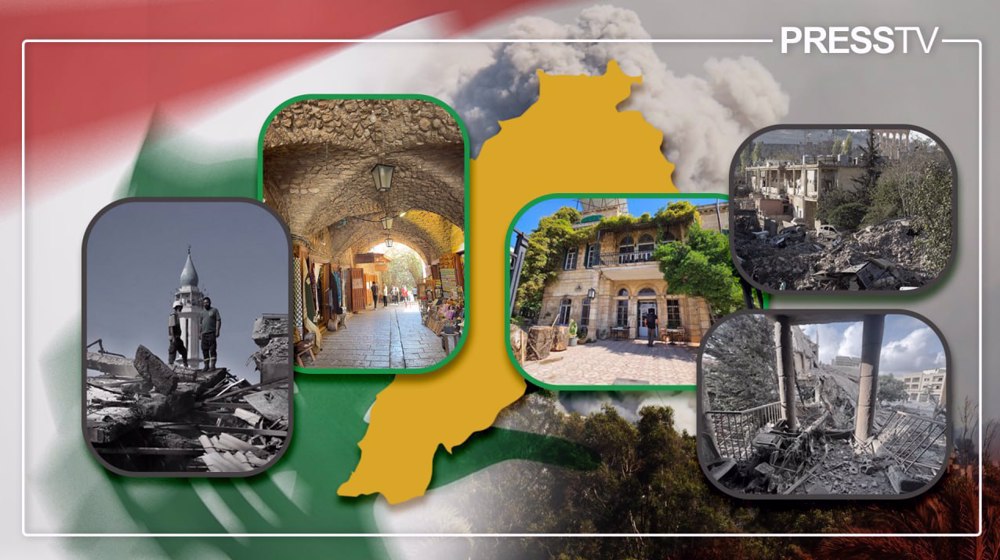
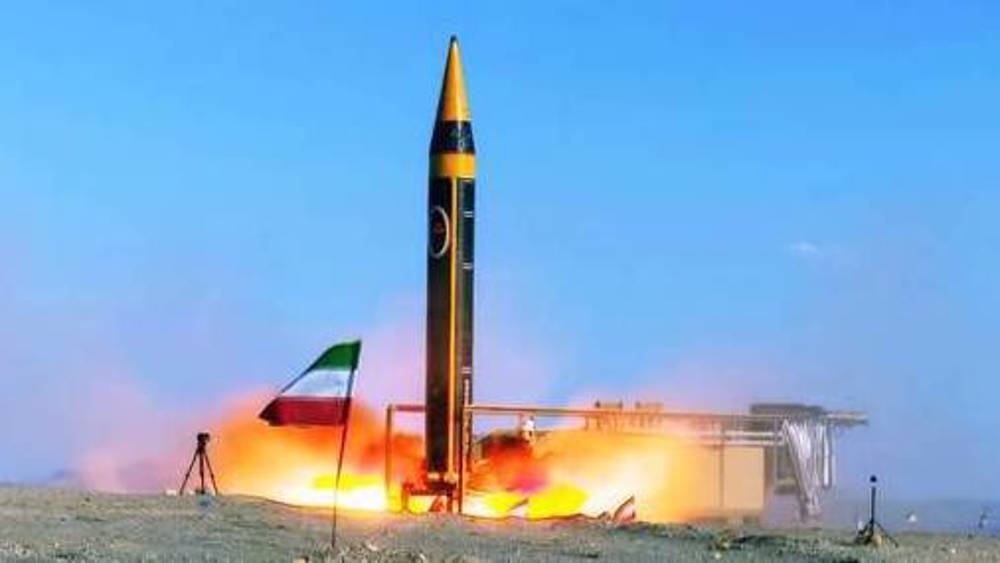
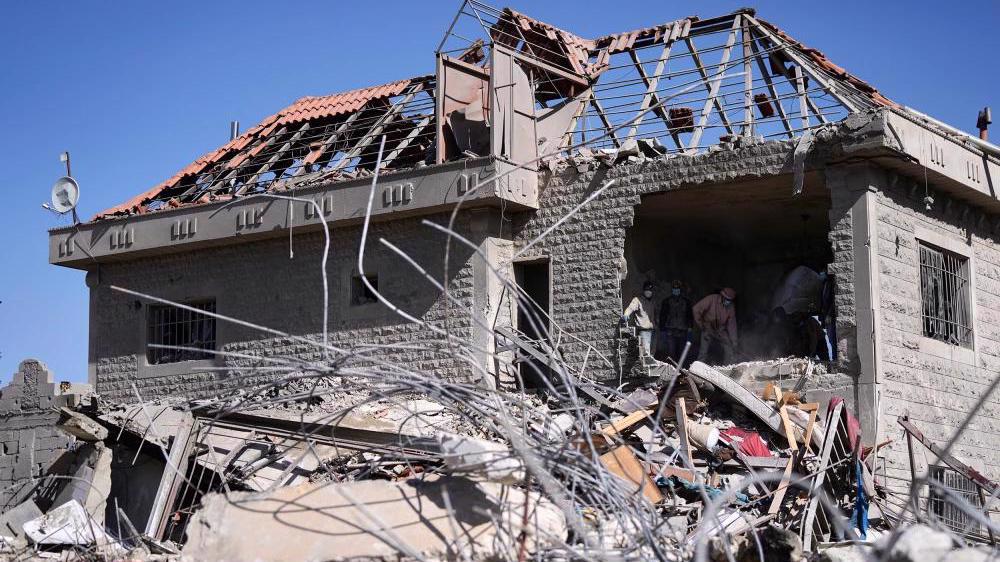
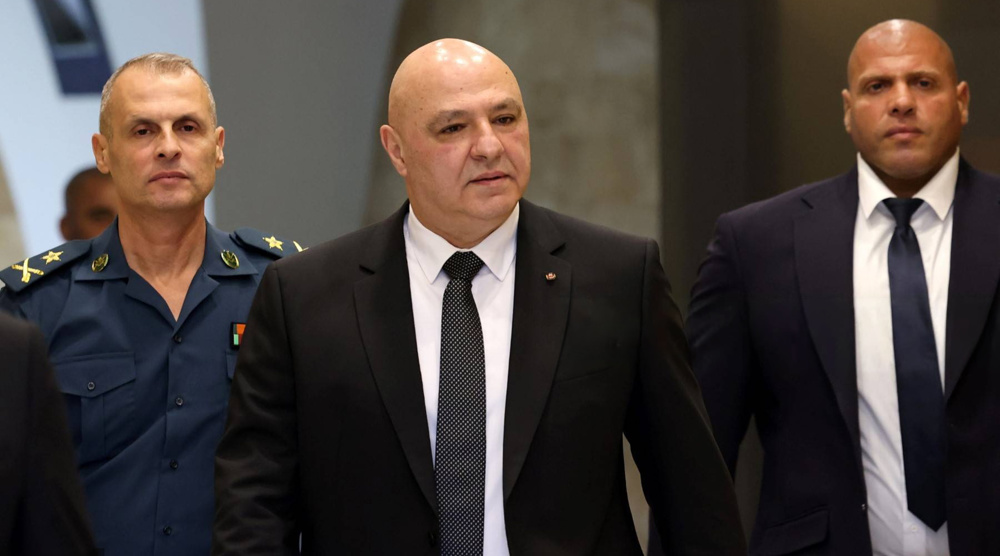



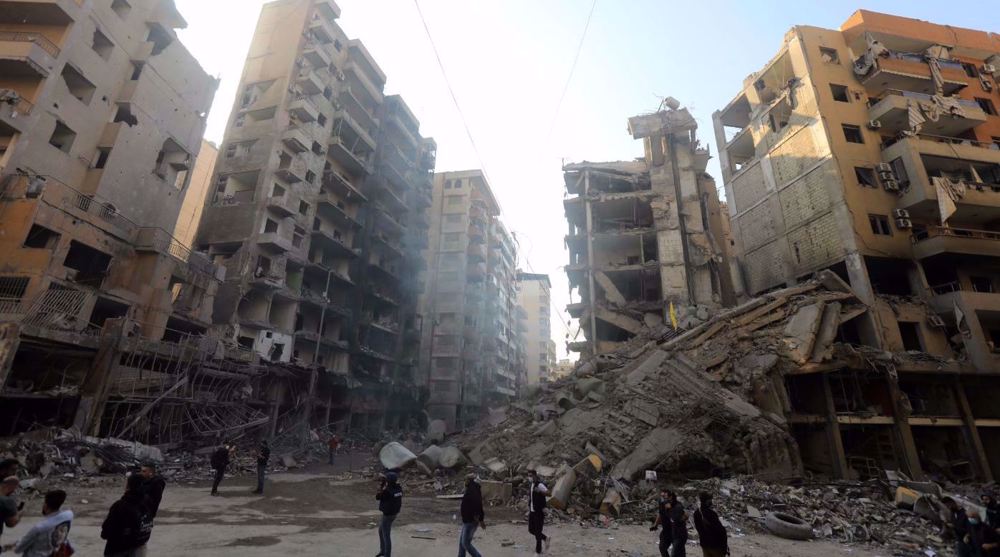
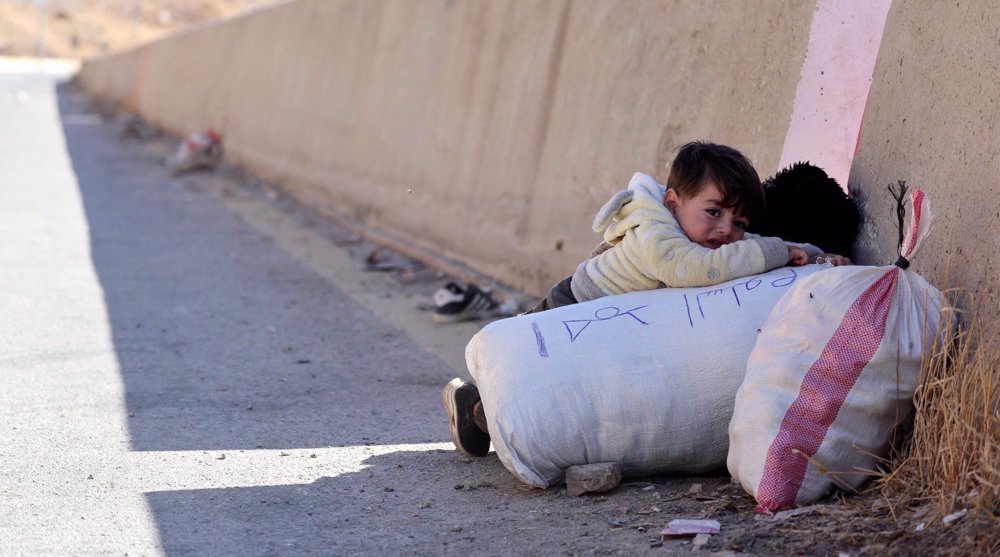
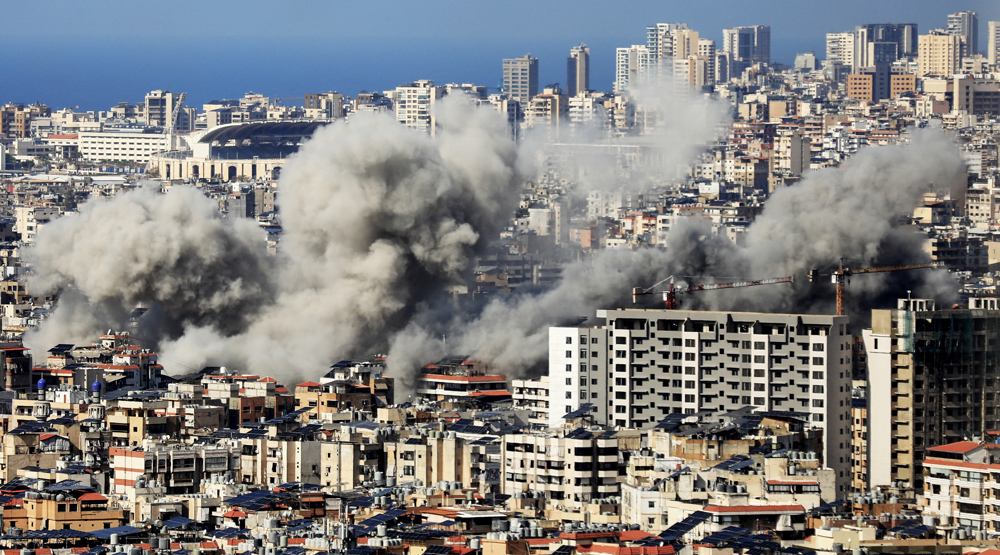
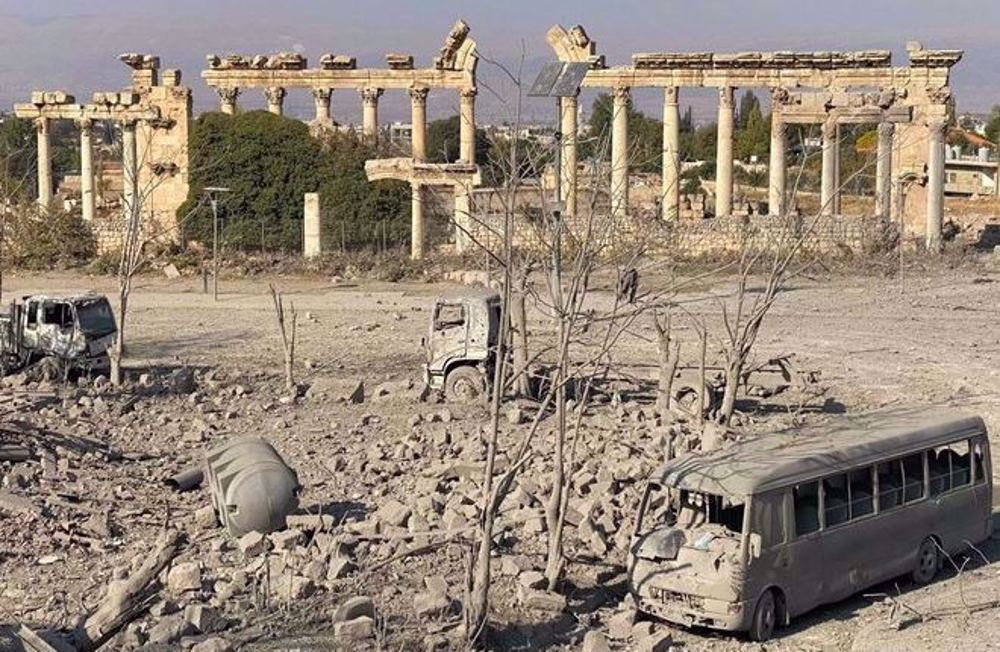
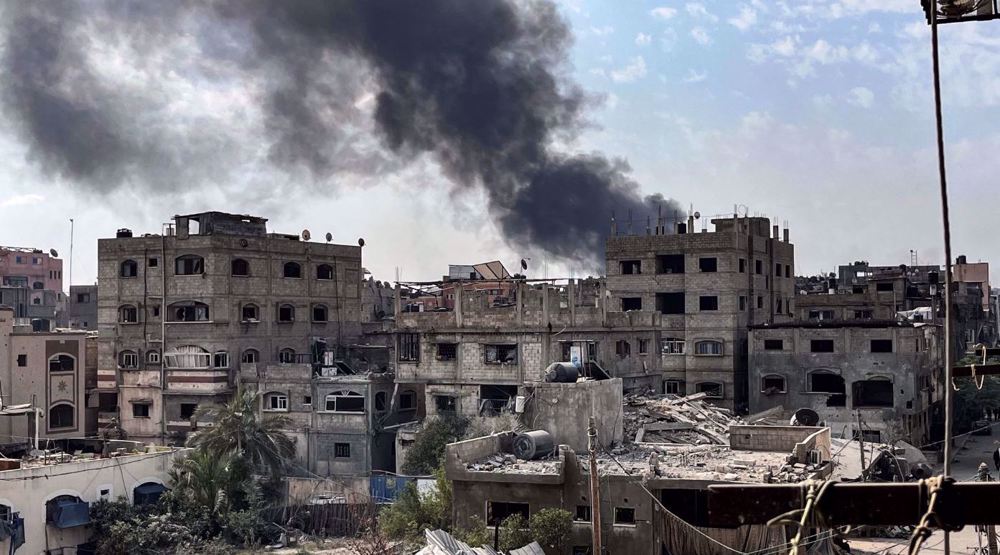

 This makes it easy to access the Press TV website
This makes it easy to access the Press TV website